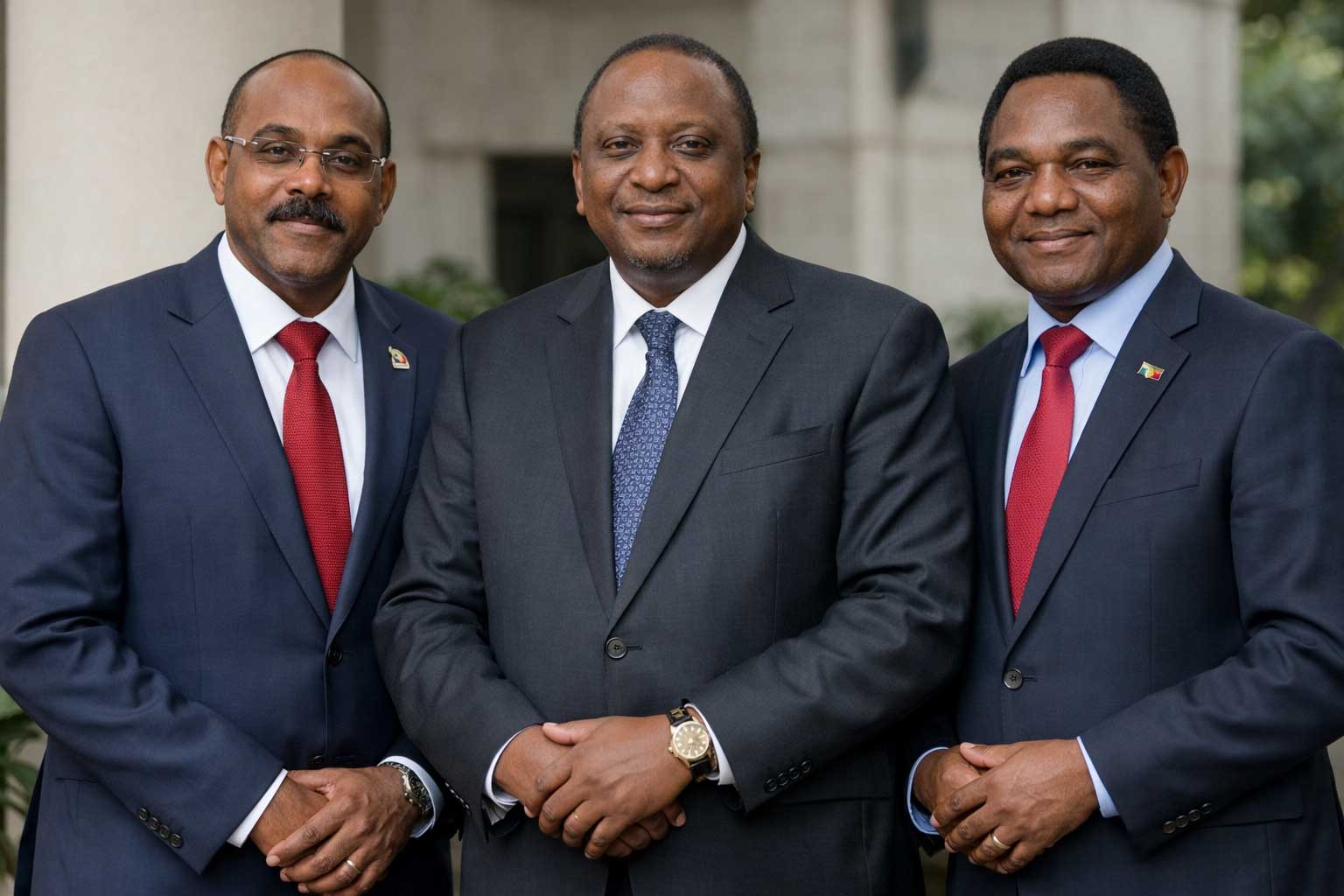One day, some 85 years ago, Mutuku Ing'ati left his home in southern Kenya and was never seen again.
The 30-something Mr Ing'ati had disappeared with no explanation - for years his family desperately tried to track him down, following lead after lead that would eventually dry up.
As decades passed, memories of Mr Ing'ati faded. He had no children and many of those close to him passed away. But then, roughly eight decades later, his name re-emerged in British military records.
The Commonwealth War Graves Commission (CWGC), which works to commemorate those who died in the two world wars, contacted Mr Ing'ati's nephew, Benjamin Mutuku, after mining old documents.
He learnt that on the day his uncle left his village, Syamatani, he travelled roughly 180km (110 miles) westwards to Nairobi - the seat of the British colonial government then in control of the country.
There, he signed up as a private with the East African Scouts, a regiment in the British army that fought in World War Two. The UK recruited millions of men from its empire to fight in both of the 20th Century's global conflicts in theatres across the world.
Mr Ing'ati responded to the call for recruits - when exactly is not clear - and then on 13 June 1943, he was killed in action, according to the records unearthed by CWGC. Where and how he died is not known.
Like thousands of Kenyans who fought in the British army, he died without his family being notified and was buried in a location unknown to this day.
Decades on, as the UK marks Remembrance Sunday to honour those who contributed to the war effort, the sacrifices of many Kenyan soldiers, like Mr Ing'ati, remain unrecognised.
The world knows little of their service and they were not formally commemorated in the way their white counterparts were.
After all these years, Mr Mutuku was pleased to learn where his uncle had disappeared to and when he died. Despite being born after Mr Ing'ati left the village, Mr Mutuku feels a strong connection to his uncle, from whom he got his name.
Although he welcomes the fresh information, Mr Mutuku feels angry that his uncle's body is somewhere out in the world, and not buried in Syamatani.
His family are from the Akamba ethnic group, who believe being laid to rest near the family home is very important.
The CWGC is trying to find out where Mr Ing'ati died and where his body is, along with the details of other forgotten Kenyan soldiers. A search is also on for details about East Africans who fought and died during World War One.
With help from the Kenyan Defence Forces, the CWGC recently unearthed a treasure trove of rare colonial military records in Kenya dating from that conflict. As a result researchers have been able to recover the names and stories of more than 3,000 soldiers who served at that time.
For many African families, this may be the first time they learn about a relative's wartime service.
The CWGC will continue recovering the details of Kenyan individuals who served in the British forces until every fallen soldier is commemorated.



















